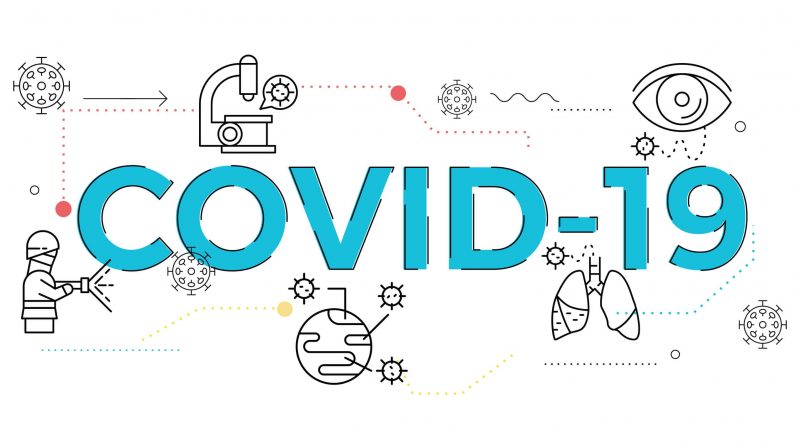Don't let yourself be defeated. You are stronger than you think.
A way to survive a coronavirus pandemic
The coronavirus pandemic is a new, unpredictable and difficult situation for everyone, one that we could not prepare for. This new, threatening reality shatters our sense of security and causes anxiety. However, nature has equipped us with defense mechanisms that allow us to cope with any problem, even the most difficult.
What does coronavirus do to the psyche?
Feeling anxiety in the initial phase is an adaptive response to defend us from a potential threat - it spurs us to action, turns on alertness. Prolonged feelings of anxiety, however, do not positively affect our functioning. Little knowledge of the threat makes us more anxious, we do not have strategies developed so far to cope with such a situation, and we gradually gather information, become familiar with the threat and create such strategies from scratch. Over time, our knowledge of how to minimize the risk of coronavirus infection and protect ourselves and our loved ones increases. We know what we can do, what we can influence, and gradually we feel safer. This initial stage is over for most of us, and it would be ideal to accept our emotions and the current pandemic situation at least to the extent that we personally have no control over it. This process is difficult for everyone to varying degrees and depends on many factors, personal as well as external.
An important element is to allow ourselves to show emotions, to accept emotions, both difficult and pleasant ones in ourselves and those around us.
How to deal with anxiety?
To reduce stress, it's a good idea to limit stimuli that could cause us additional anxiety and negative feelings, among other things, limit information about the virus, choose one source of information we trust, don't watch or read the news in the evening, just before bedtime.
Let's be good to ourselves and others, let's give ourselves small pleasures, let's think about what gives us pleasure - coffee, a walk, reading a book? Many people have had a very active lifestyle so far, and they react badly to having to give up their current activities, so let's not give up everything, but instead of giving up, let's swap our current form for another one: for example, we can't play ball in a group, but we can exercise at home, run or ride a bike.
Quarantine? Isolation? Don't break relationships, change their ways
Let's minimize the consequences of social isolation by using the Internet or telephone to contact loved ones, maintain relationships with people from the existing environment - school, work. Currently, a large part of social life has moved to the network, we can participate in virtual cultural events, concerts, training and others. It is worth using this form in the current situation, it will allow us to maintain at least to some extent part of our traditional activities from before the coronavirus pandemic and give us a sense of participation in social life, self-development.
Positive attitude key to success
One has to wonder if there isn't something positive in the midst of this huge number of negative consequences of the pandemic: we have more time for ourselves, for our loved ones, time for things we previously forgot about. Another positive consequence of this difficult situation is the appreciation of things that previously seemed natural to us, but are now something special. Many of us miss our jobs, students miss school, we miss going for a walk, meeting a friend or colleague, things that previously seemed normal, natural and sometimes even boring and monotonous.
Coronavirus and children
More attention and care should be focused on children and young people, who have lost a lot in this situation. Because of their age and experiences, they have less background to deal with an unusual, difficult situation than adults, and often do not understand the situation in which they find themselves and the decisions to which they must submit. Younger children read our emotions, and their understanding of the situation and adaptation to it depends on how caregivers present and explain it. Let's talk to children about the difficulties affecting us all, explain the situations.
The vast majority of us, some better others a little worse will cope with the situation using our own resources. However, it is important to pay attention to those around us, those who endure worse than we do the situation of the coronavirus pandemic associated with social isolation, health risks, loss of financial stability or work. Such people may now be in special need of care and support from loved ones, those around them or professional help. Psychological support is one form of assistance that can help us get through this difficult situation, minimize the negative consequences, help us return to normal functioning.
Author of the text:
Ilona Styczynska, MA - psychologist


